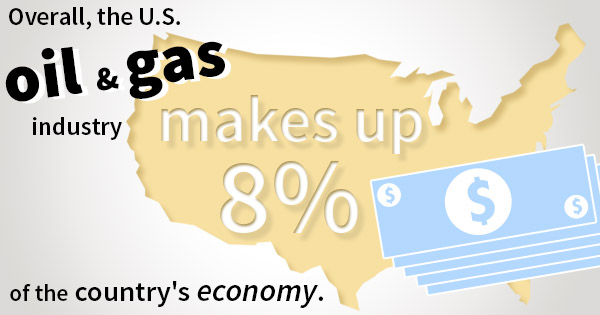
08 Jun The EPA Finally Released Its Findings on Fracking and Drinking Water — and You Won’t Believe What They Found
After decades of speculation and debate over its impacts on public drinking water supplies, the Environmental Protection Agency (EPA) has finally revealed that hydraulic stimulation and fracturing has a negligible impact on drinking water in the U.S.
According to Forbes, the EPA’s five-year study of hydraulic fracturing, or fracking, examined more than 950 pieces of information, from published papers to technical reports. While the agency found “potential vulnerabilities, some of which are not unique to hydraulic fracturing,” these are stated to be minimal at most.
The study essentially confirms what oil and gas companies have been saying for 60 years: that using special drilling equipment to send high-pressure blasts of water, sand and chemicals down into the earth to release natural gas from beneath share deposits is safe.
These findings aren’t necessarily surprising; in a way, they validate what the EPA itself already knew. In 2011, then-EPA Administrator Lisa Jackson said there was no evidence to link fracking with groundwater contamination before a congressional panel.
The study will help bolster the burgeoning economic force that is hydraulic fracturing. Forbes reports that hydraulic stimulation and fracturing supported 2.1 million American jobs in 2012. By 2025, this number will rise to 3.9 million. Overall, the U.S. oil and gas industry makes up 8% of the country’s economy.
Fracking’s economic benefits don’t just affect those working in the oil and gas industry. In fact, this technique has caused energy prices to fall an average of $1,200 per year, per household.
Currently, about 95% of all new oil and natural gas wells are drilled using hydraulic fracturing. With the results of the EPA’s study now out in the open, the Energy Information Administration predicts that shale gas production will reach an amazing 13.6 trillion cubic feet by 2035.
What are your thoughts on the EPA’s findings? Have any other questions for us about the oil and gas drilling rig systems and drill rigs used for frack work? Share with us in the comments below.



Sorry, the comment form is closed at this time.